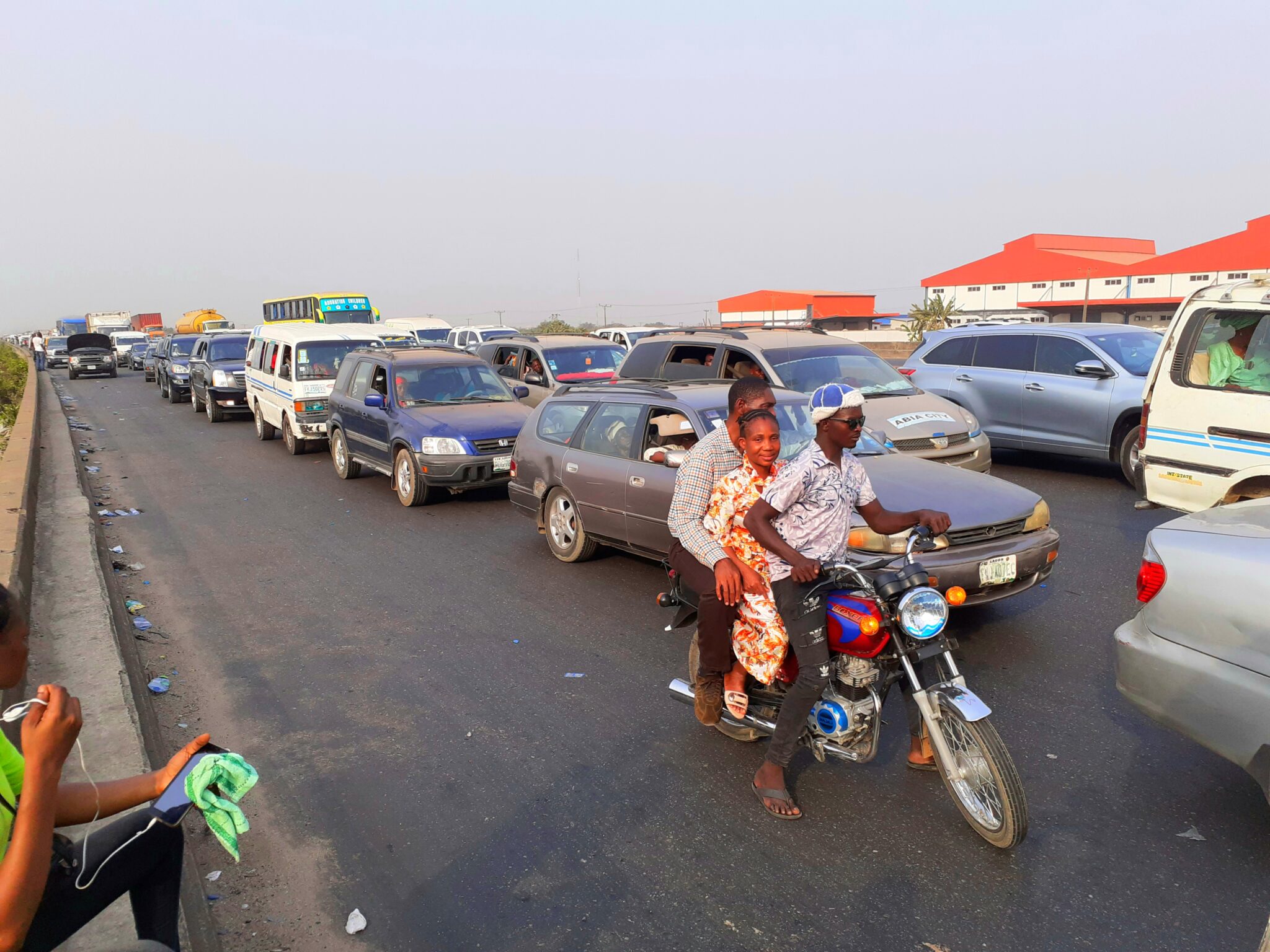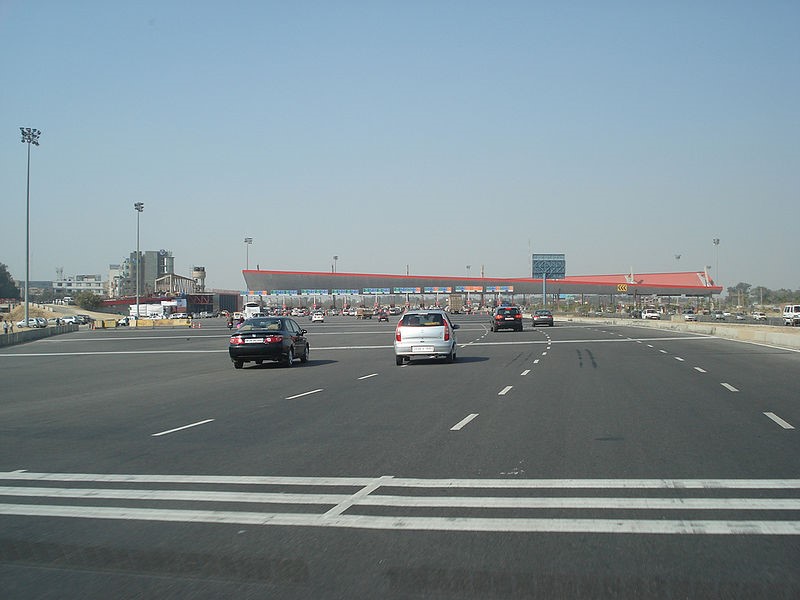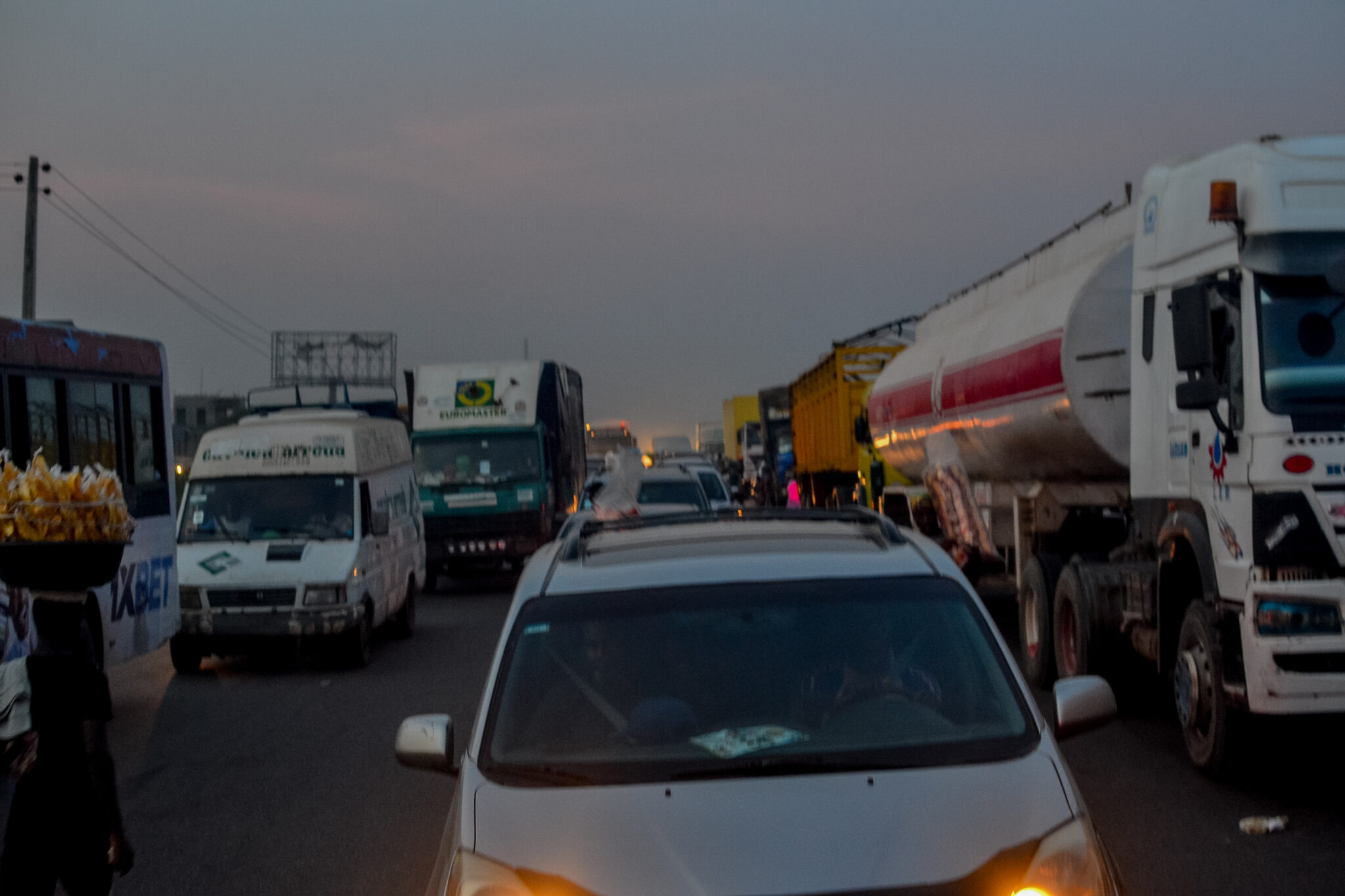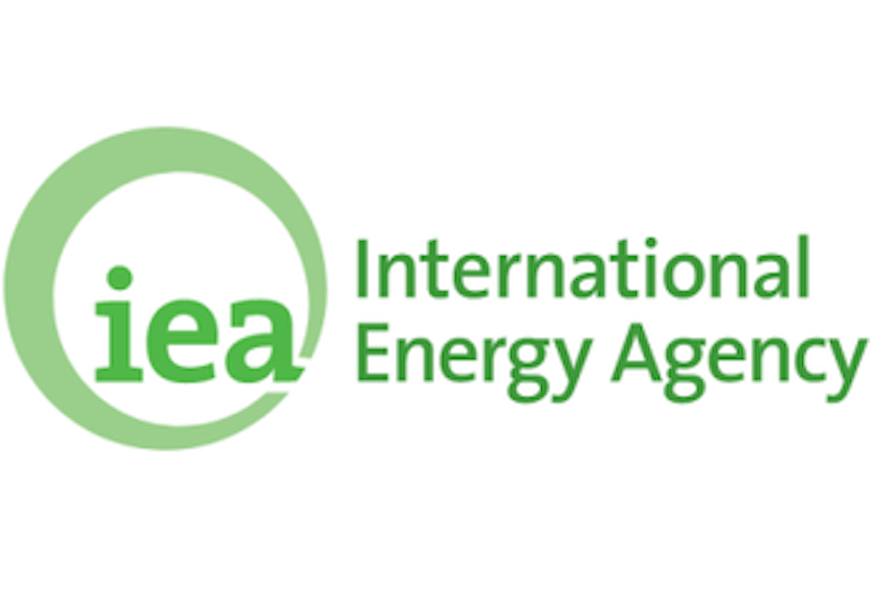The Lagos-Ibadan Express Way has finally been completed and delivered to Nigerians. It now takes about 80 minutes to travel to Ibadan. Is tolling an option to fund maintenance? Will users be willing to pay tolls and avoid returning to the nightmare of 9-hour journeys?
If you had any reason to regularly ply the Lagos-Ibadan Express way from the early 2000s, you would agree that each successive year was worse than the last. As a boarding school student who had to take that route about 6 times every year, to and fro Lagos where my parents were based, and Delta State where my school was located, I can attest to that.
The state of the road continued to deteriorate with each passing year, increasing the number of hours one had to spend on the road. One time in 2005, I left Lagos by 8 am and did not get to Ibusa, Delta state until 11 pm. Yes, it was that bad. But all that is to become history with the completion of the reconstruction of the 127-kilometre Lagos-Ibadan Expressway after more than 10 years.
The Lagos-Ibadan Express way was first commissioned in 1978 by the military government led by Olusegun Obasanjo. Over the next two and half decades, the thousands of vehicles and trucks plying the route daily resulted in some serious wear and tear, so much so that by the turn of the century, it gradually became a nightmare route.
Also Read: Lagos-Ibadan Train Service: Should Nigeria Build Railways For the Poor?
On May 8, encompassing, the Federal Government granted a Build, Operate and Transfer concession for the reconstruction of the Lagos-Ibadan expressway to Bi-Courtney Consortium. But this only ate up another three years with no work done, even though the terms of that concession agreement were considered “most lavish” by some. The terms authorized Bi-Courtney to construct the 135+ kilometre road at the cost of N86.5 billion and run it for 25 years, with revenue recoup rights, encompassing charging advertisers and food vendors on the road to the tolling of cars
In November 2012 under the administration of President Goodluck Jonathan, the FG agreement with Bi-Courtney was terminated due to “the serial breaches of the concession agreement by Bi-Courtney consortium and especially the failure of the company to reach financial close as provided for in the agreement.”
The contract was then re-awarded to Julius Berger and Reynolds Construction Company (RCC) Nigeria Limited at the cost of N315 billion. Julius Berger was to handle section 1: from Lagos to Shagamu interchange, while RCC Nigeria Limited would take charge of section II: from Shagamu to Ibadan. But this move did not bring the much-needed respite as quickly as Nigerians hoped. It would take another decade for the road to be completed and delivered to Nigerians.
Inspecting the project last year, the commissioner of works Babatunde Fashola attributed the slow pace of work to the high volume of traffic on the expressway which meant that the road could not be closed completely.

Completed at last, the Lagos-Ibadan Express way
After more than a decade, the road was finally completed this year in September. The relief this has brought to road users is beyond words. I quite remember that as of July/ August 2023, the resulting traffic was so serious that the Berger-Mowe part of the road became a major market of some sort. Traders could be seen selling practically everything in the traffic – small baskets of tomatoes, tubers of yams, heads of plantains, and even crates of eggs. One could make breakfast right there in the traffic.
From spending hours in the gridlock, many people traveling within the southwest region can now complete their entire journey within a couple of hours. Road users now testify to the smooth trip across the route and you can find lots of tweets on X.
According to some commuters, the absence of traffic gridlocks makes road travel a better option for those going the Lagos-Ibadan route. In terms of price, traveling by road is now also cheaper than train travel.
“Since the Lagos-Ibadan Express way is free of gridlock now, people are now boarding buses, which are cheaper”, X (Twitter) user, Ayanniyi Noah says.
Based on the recent schedule posted by the Lagos – Ibadan Train Service (LITS) on Twitter, a train that departs from the Ebute-meta train station at 8:00am would arrive Moniya, Ibadan at 10:30 am. This puts the estimated travel time at 150 minutes, almost an hour more than the average 90 minutes it now takes to make the trip by road.
Kayode Demola Obasan, a HR professional based in Ogun state, testifies to this in a chat with Arbiterz. A regular user of the route, he says that “a journey that would formerly take a minimum of 2 hours 15 mins, can now be completed in a maximum of 1 hour 30 minutes.”
Even though he does not travel more often due to work, Kayode confirmed that the road experience is wonderful since the completion of the Lagos-Ibadan Express way.
A great experience but, for how long?
Since the completion of the road, it has been all bliss, but with an intense traffic of about 40,000 vehicles a day, it is only a matter of time before the Lagos-Ibadan Express way begins to fall into a state of disrepair if it is not well maintained.
Road maintenance falls into two categories. First is routine maintenance which entails keeping the road in good form and cleaning off debris and grasses from the roadsides. This kind of maintenance could either happen weekly or daily, especially for those sections of the road that run through residential settlements. Such maintenance may be done in collaboration with state governments.
The second kind of maintenance is ‘major rehabilitation’ which should come up after some years of using the road; this involves filling in areas of the road where the tar is worn out and making it as good as new again.
A chat with Mr. Olutunde Adepoju, Federal Road Maintenance Engineer with FERMA Enugu, shed more light on how routine maintenance could keep the road in good condition for much longer.
“Something as simple as getting rid of the grass by the roadside and the sand on the road can make a lot of difference. Because as soon as the roots of the plants get to the pavement, the asphalt gets weakened. Most times we think the road fails the day we start seeing holes or cracks on the roads, but in truth, the failure of the road starts the moment we stop paying attention to it. And that is why when you see the budget for road rehabilitation, the amount is always huge because we had not done much to maintain the road all along” Adepoju explained.
Surveys show that within the last seven years, building materials such as cement, reinforcement rods, boulders, stone, sand, asphalt, and the like have increased by an average of 70%. In 2023 alone, the cost of asphalt has doubled. If one were to make deductions based on this, the cost of a major rehabilitation of the 135+ Km road in the next 10 years, for instance, would be far in excess of the N315 billion of the 2013 rehabilitation cost.
According to the National Bureau of Statistics, Nigeria’s “Total external debt stood at N33.25 trillion (US$43.16 billion) in Q2 2023, and total domestic debt of N54.13 trillion (US$70.26 billion).”
Also Read: Nigerian Roads: To Toll or Not to Toll?
With a debt profile that continues to go northward, quarter after quarter, can the federal government afford to spare such a huge sum for the Lagos-Ibadan Express Way within another decade? Or will Nigerians see the road fall into disrepair and wait more than a decade to have the road rehabilitated again like they did the last time?
To toll or not to toll ?
The cost of major road rehabilitation is expensive and would always be impacted by the rising cost of asphalt and other construction materials. Routine maintenance translates to monthly recurring costs.
The cost of employing 250 cleaners and 25 supervisors to carry out routine maintenance, that is sweeping and grass cutting, of the Lagos-Ibadan Express way, could be as high as N7,000,000:00 per month. This calculation is based on the N25,000 approved for road sweepers by the Lagos state government, and the N40,000 approved for supervisors.
With Nigeria’s current debt profile and the need to build and maintain several thousands of kilometres of road across the country, the Federal Government is not likely to spend almost a billion naira every year on sweeping and cutting grass along the Lagos-Ibadan Expressway.

Arbiterz spoke with Gbolahan Agboluaje, Head, Legal/Company Secretary at the Lekki Concession Company Limited and he explained the considerations that might necessitate tolling the Lagos-Ibadan Express Way.
“The cost of road maintenance is what leads to tolling because if you want to do a rehabilitation of this road in the next 5 to 10 years, it is going to be very expensive because the cost of the construction materials is also going to be affected by inflation. The government may want to avoid the cost of a major rehabilitation through tolling which would provide the funds for regular maintenance. The Lagos-Ibadan Express Way is a critical federal road because of its economic importance, so the government should ensure that it doesn’t slowly become unmotorable again” he said.
If the decision is to toll the Lagos-Ibadan Express Way, then the government might want to do a good job of it by outsourcing to an expert consulting firm to ensure that there are no leakages. On the issue of what a tolling regime should ideally look like, Agboluaje gave some insights.
“The best would be to have an expert company handle it (outsourcing). After outsourcing to professionals, the next would be to ensure that they do not use cash for payments. Preferably the POS option or another form of payment where the completion of the payment is what automatically lifts the barrier for vehicles to pass through. Cash is very prone to leakages. There should also be a device that counts the vehicles and the expected payments so that at the end of each shift, a check is done to balance the account.
“Also, the funds have to be collected in a dedicated account, not just any random account that anyone has access to. That way, when it comes to the time of the maintenance, the funds can easily be accessed. Such funds will cover the routine maintenance, insurance, as well as the major rehabilitation” he explained in detail.
The initial concession agreement with Bi-Courtney authorized the consortium to recoup its investment and maintain the Lagos-Ibadan Express Way through tolling and other commercial opportunities such as advertising rights. Even if the FGN is not planning to recover the funds invested in building the expressway, it should seek to fund regular maintenance of the road through the collection of tolls.
The Act establishing the Federal Roads Maintenance Agency (FERMA), Part II, Functions And Powers Of The Agency, empowers the agency to maintain federal trunk roads, enter into road concession contracts, and set the guidelines for the working of such concession contracts.
Part IV on Financial provisions also states that the funds with which this agency will maintain the roads may come from several sources including “all monies collected from Toll Gates”.
Therefore, if the government chooses to toll the route Lagos-Ibadan Express Way a concession agreement with an expert firm, the FERMA will be the supervisory agency to map out the guidelines for such an agreement.
But now it comes down to the people. Are we willing to pay toll fees, if it is the only way of maintaining the road and preventing a return to the old days of extremely long travel hours?





















